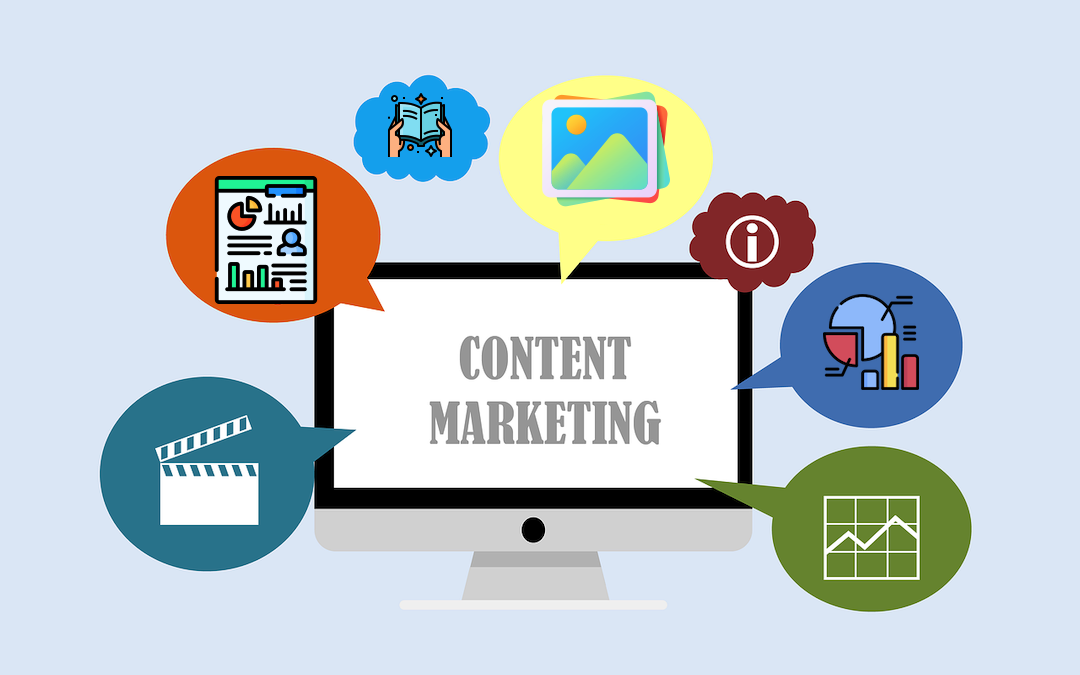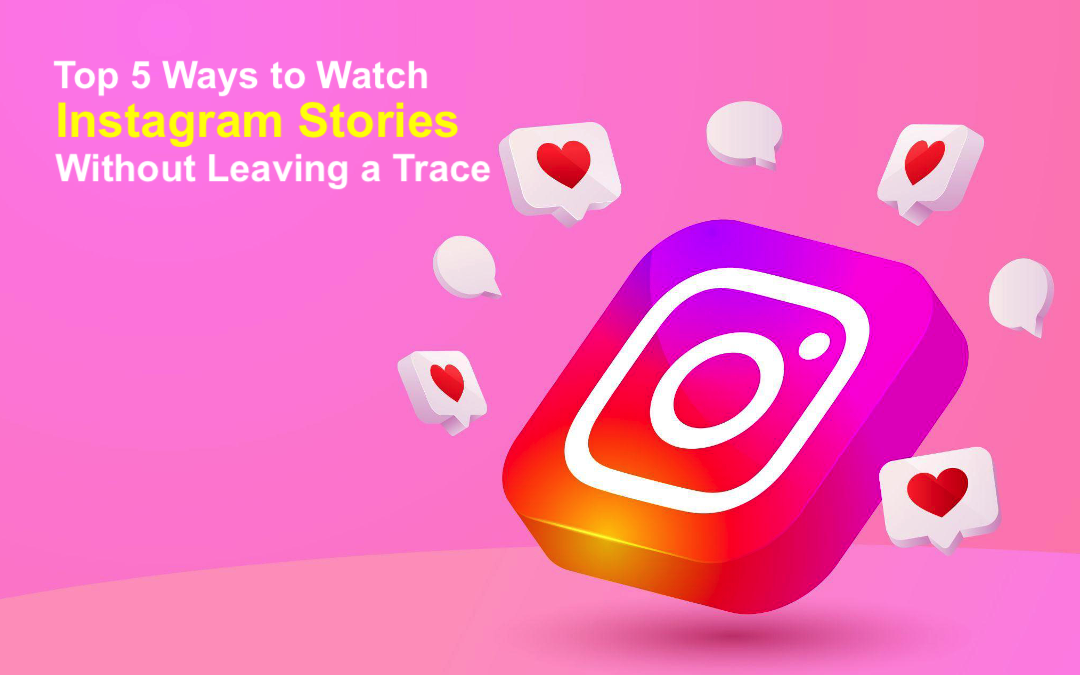
The importance of graphic design in content marketing cannot be overstated. You are missing out on many communication opportunities if you are not using any visual content.
In content marketing, graphics play a significant role in engaging readers. You can create engaging visuals, provide context for the text, and communicate a message more effectively. Visuals like images, infographics, and video animations are easier to understand than written text.
From blog posts to e-commerce websites, you can use graphics to enhance any type of content. To convey to your customers the message you intend to convey. Now you might think about how to use graphics to spread this message. Today we will discuss 6 expert tips on incorporating graphic design into your content marketing strategy. So let's get started.
6 Expert Tips For Using Visual Elements in Content Marketing
Here are some expert tips to know for using design and visual elements in your content marketing strategy.
1. Integrate Brand-Relevant Colors in Visuals
The color theory sets the tone for your brand, so you should develop a color palette and adhere to it. Color psychology plays a significant role in content marketing visuals as you don’t want to steer too far away from what’s relevant to your brand or business. It is not a matter of choosing colors, but rather of selecting the appropriate color scheme.
Consider adding contrast to custom images when creating them for a blog post, whitepaper, or case study. It is important to remember that an engaging design has the appropriate amount of whitespace and visuals. A balance must be maintained between colors, typography, and shapes.
2. Use Infographics to Ensure More Engagement
Infographics can help people understand complex information in the form of graphs, bar charts, diagrams, etc. Therefore, using infographics is essential for your content marketing strategy.
Remember that the brain stores visual memories more effectively thus, when we encounter graphics and photos, if we find them interesting and helpful, we remember them.
Adding infographics also determines the level of engagement a user has with your content and whether they like it or not. However, it is your responsibility to provide detailed information in the content, and adding infographics at the end of a long-form blog, for instance, allows the users to read more. If they like your content, they might contact you and inquire about your business.
3. Add Call-To-Action (CTA) Buttons With Content
Think of ways to convert readers to buying customers. And what better way than to encourage them to act immediately? With a powerful CTA (call-to-action), you can increase conversions with your content marketing strategy. This is the power of visual design in content.
A CTA (Call to Action) is essential when a potential client interacts with your website or blog posts. You can use well-designed buttons with vivid colors or borders to encourage users to take action before they lose interest, like clicking on a link to buy, leaving a review/comment, or subscribing to promotional emails. By doing so, they can interact further with you or even convert in the future.
It is important to provide strategic graphic elements to improve the customer experience. Positive experiences will increase the likelihood of a customer sharing them with others, which increases brand awareness.
4. Use Custom Images in Your Blog Posts
Adding custom-designed images instead of stock photos to your blog posts is a great way to make content engaging and interesting for users.
Readers might become bored reading a blog post without images, illustrations, or infographics supporting the topic. Generally, the audience will be more focused and read the whole blog post if there are graphics after one to two paragraphs and less written content.
Resize and compress the images and designs before posting to reduce the page loading time. Also, create designs related to your blog topic.
5. Ensure Versatility in Visual Design
When you are adding visuals to your content, make sure that you consider social sharing as well. Most visuals can be repurposed for social media platforms and shared for higher visibility as well. You can publish several types of content on these platforms if you design versatile visuals.
The following are some types of content you should consider for scalable visuals when an effective content marketing strategy:
- Tutorials and guides
- Videos (live-action and animated)
- Images and collages
- Infographics, charts, and graphs
For each content type to be effective, you should consider the platform on which it will be published because each platform has its standards:
- Facebook. It is good for targeting older audiences if your business caters explicitly to someone over 60 years old. Pew Research Center recently published a report saying that most internet users over 65 years use Facebook.
- Instagram. If your brand targets a younger or teenage audience, then Instagram is ideal for you.
- Twitter. User-generated content and engagement can be found on Twitter
- Pinterest. Pinterest is mostly composed of images, which is beneficial for creating brand awareness, boosting conversions, and increasing sales. Create images explaining your services and their benefits and upload them.
- LinkedIn. LinkedIn provides a professional network for attracting business partners using engaging designs and written content too.
Designing visual content that needs further edits for social media platforms could require more time and effort. Your final result will be much more effective if you plan when and where to publish your content.
6. Become Familiar with Graphic Design Tools
Lastly, once your brand becomes accustomed to creating graphic design content, you should accelerate the process. To enhance the quality of your written content, you should be prepared with some must-have Photoshop resources like Adobe software (Photoshop, Illustrator, XD).
Furthermore, you can save precious minutes daily by using preset templates for visuals you commonly use and can focus on more creative tasks.
As you discover what types of visual content appeal to the audience, you will be inspired to explore different formats and distribution channels. Do not waste your time on content that your users don’t enjoy or the one that doesn’t suit your brand. Publish content you would enjoy reading, and your commitment will be evident.
Conclusion
Designing for effective content marketing is not easy, but it can be accomplished with the right strategies and techniques. The key is to create content that resonates with your target audience, is visually appealing, and provides value.
Share this post
Leave a comment
All comments are moderated. Spammy and bot submitted comments are deleted. Please submit the comments that are helpful to others, and we'll approve your comments. A comment that includes outbound link will only be approved if the content is relevant to the topic, and has some value to our readers.



Comments (0)
No comment